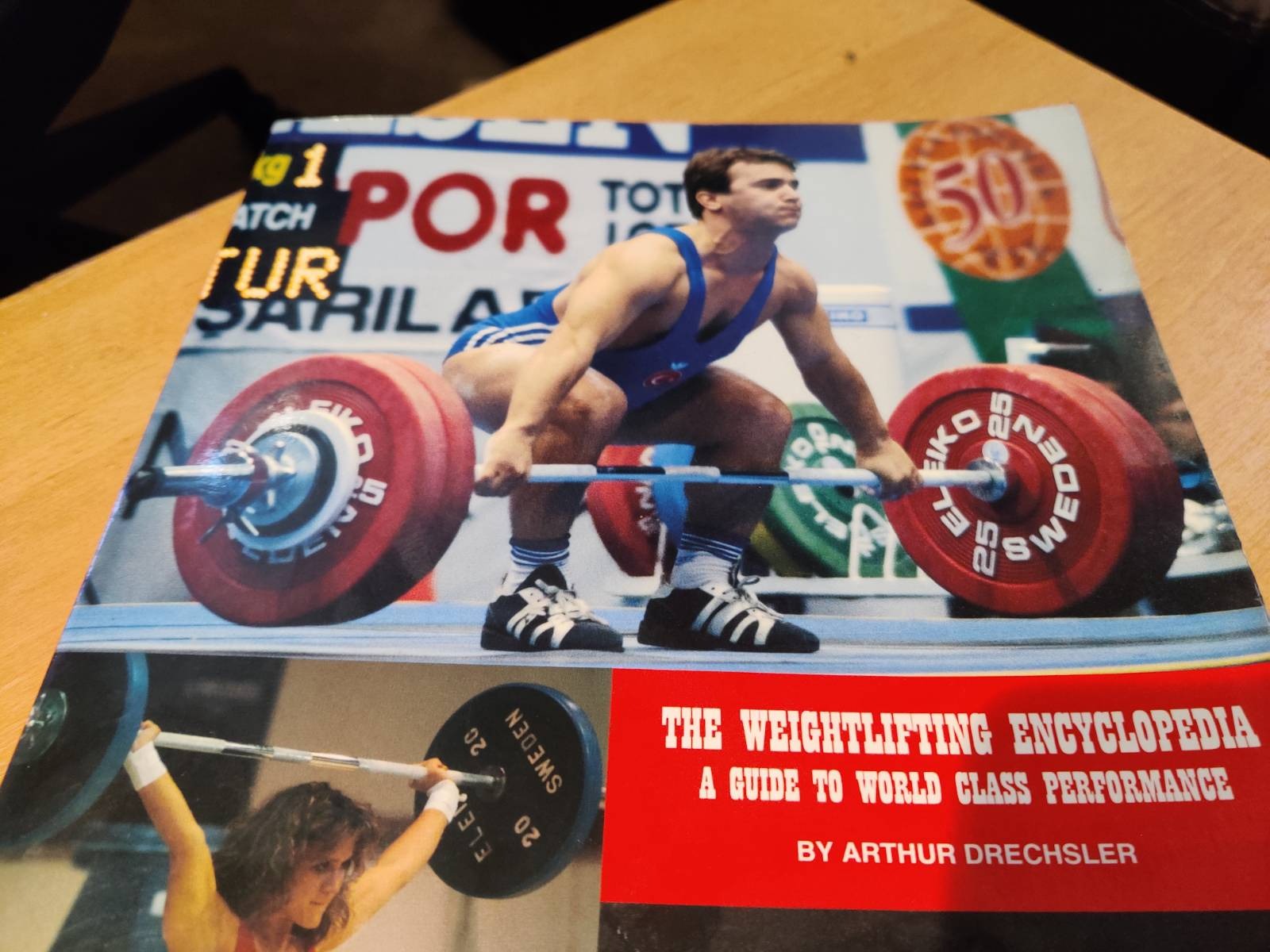The Trade-Offs In Technique And Their Role In Individualization
Although there are obviously many basic principles that must be followed by all lifters to achieve optimal technique, there are also a number of judgments that every lifter must make about the technique that he or she will employ in the snatch and C&J on the basis of general weightlifting principles and his or her individual characteristics. It is easier to understand the need for these kinds of choices regarding technique if we realize that many aspects of technique involve trade-offs. As an example, consider the trade-offs that exist with respect to selecting the width of you grip for the snatch. The wider the athlete grips the bar in the snatch, the higher the bar is lifted merely by the athlete’s standing erect with the bar in his or her hands. As a result, less effort is needed in order to lift the bar to the required height from the point where the body reaches a straightened position (after which it is not possible to apply any significant amount of additional force to the bar). In addition, a wider grip in the snatch means that the bar does not have to be lifted as high with a narrower grip (the bar is closer to the top of the lifter’s head and the trunk in the overhead position)
The advantages of a wider grip are offset by several disadvantages. First, the athlete will find it harder to lift the bar from the floor with a wider grip (because the torso must lean forward more and/or the legs must be bent to a greater degree to reach the bar). Second, it is generally harder for the athlete to hold onto the bar securely with a wider grip (unless the lifter’s hand are actually in contact with the inside collars of the bar ). Third, a wider grip can place more strain on the shoulder muscles, while the stress on the shoulder joint itself will be of different nature with a wide as opposed to a narrow grip (e.g., the shoulders are generally twisted more with a narrow grip).
Which grip is better? That depends on the interaction of these various aspects as they present themselves to a specific athlete at a specific stage of that athlete’s development. The athlete must work to find the grip that incorporates the most and most significant advantages while presenting the fewest and least important disadvantages for that athlete. The trade-offs in technique variables must be weighed and properly balanced. To further illustrate this point, consider the issue of selecting a proper grip in the snatch in more detail. We will then examine other areas of technique which involve choices.


Comments
No comments yet. Be the first to react!